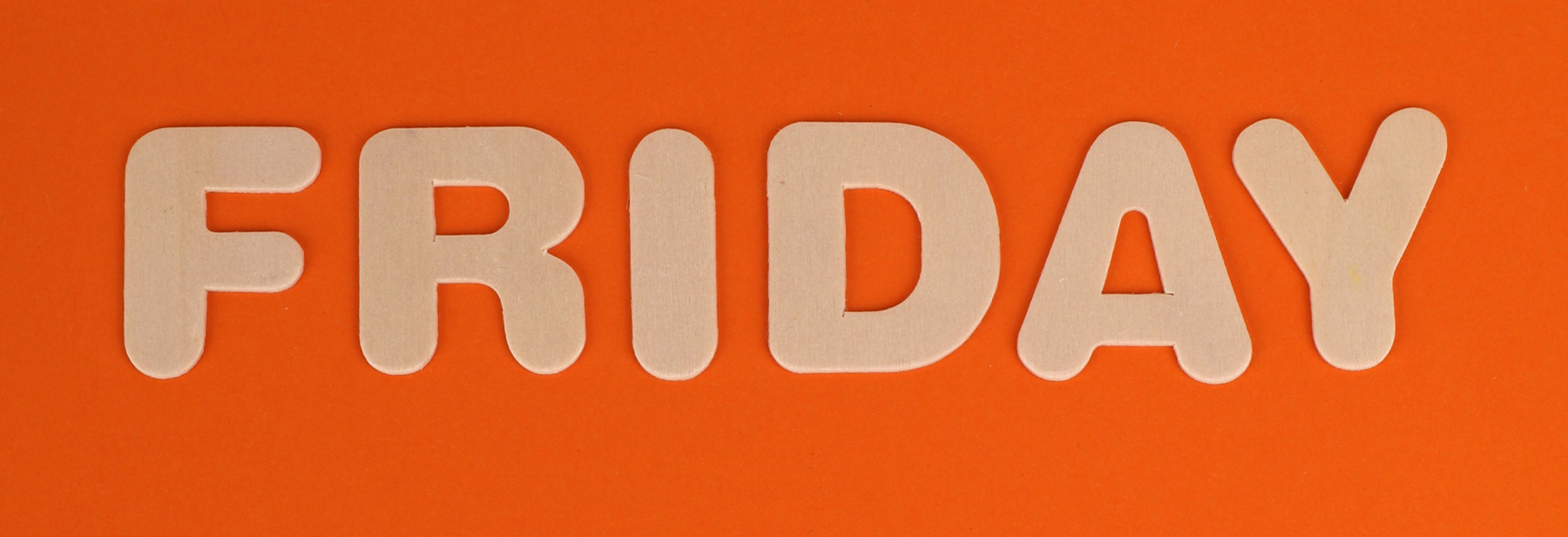
ServiceFriday: Who is Blamed in a Service Failure?
When a customer reacts negatively to a service failure, how harmful is it for another customer or outside observer to view this reaction? Will the customer on the outside of the interaction attribute the blame to the service provider or to the customer involved? And what factors determine how they choose to place their blame?
Recent studies have delved into this concept of attributing blame in situations of service failure. In an article published in the Journal of Consumer Research, Lisa Wan and Robert Wyer, Jr. provide evidence that “incidental similarities” between people can have a remarkable influence on how they perceive situations, even if they are not personally involved in an event. Behavior or personal characteristics can elicit negative reactions as well.
Incidental similarities may be trivial and irrelevant to the actual service being provided, but they can be a deciding factor in how an observer perceives the two protagonists (service provider and customer) involved in a service failure situation. For example, an incidental similarity an observer may have with a protagonist, such as a common birthday or first name, can “increase the attention they pay to this protagonist, and this attention, in turn, can influence their disposition to blame the protagonist for the failure’s occurrence.” So, if an observer is completely unacquainted with either protagonist (service provider or customer), but they notice an incidental similarity with one, they will be more inclined to side with that protagonist.
Another factor that can have a major impact on how an outside observer views an interaction between a service provider and a customer discussing a service failure is any noticeable distinctive features or characteristics. According to studies, people are “unlikely to empathize with someone they dislike or evaluate unfavorable, and their negative reactions can lead them to blame the person for negative events in which he or she is involved.” So, observers are less likely to take the side of the protagonist with unfavorable features or characteristics, no matter how unfair and biased it may seem.
Research has shown that “consumers’ offline purchase decisions are based on online reviews,” and negative reviews of service “influence 80% of these decisions.” From this information, it can be determined that complaints on online social platforms capture a large amount of viewers’ attention. Therefore, it can be beneficial to know what factors are causing outside observers to attribute blame to either the customer complaining or the service provider, and if this will cause them to write a negative review as well.
You can read the full article in the Journal of Consumer Research. (A fee may apply.)